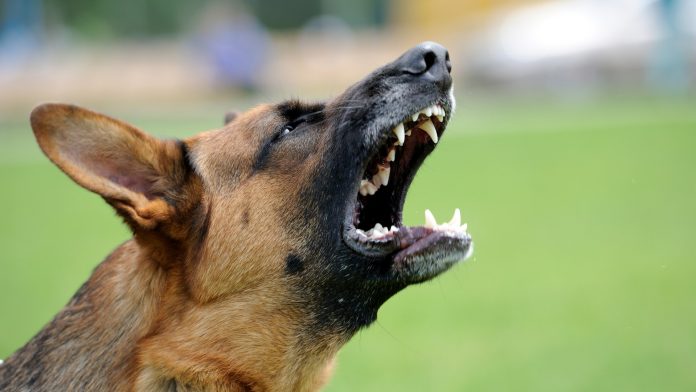Why Your Dog’s Sleep Schedule Might Determine Their Behavior: Shocking Study Reveals the Connection!
Are you wondering why your beloved pooch seems grumpier than usual? Well, a recent study has unveiled a compelling link between your dog’s sleep patterns and their behavior. Just like us, our furry companions can be downright irritable when they don’t get enough Z’s!
Understanding Dog Sleep Needs
Dogs ideally need to snooze for about 13 to 16 hours a day, but shocking statistics show that many pooches in the UK are falling short. In fact, 5.6 million dogs manage only about 12 hours of sleep or less. That’s a significant deficit that can affect their mood and behavior.
The Consequences of Sleep Deprivation in Dogs
Imagine waking up on the wrong side of the bed every day—this is what dogs experience when they don’t get enough shut-eye. A lack of sleep can lead to increased confrontational behaviors, such as growling, snapping, or biting at family pets or those they encounter outdoors. In dogs getting less than ten hours of sleep, the likelihood of such behaviors more than doubles.
How Much Sleep Is Enough for Your Dog?
The amount of sleep your dog requires can vary by breed, age, and activity level. However, the general consensus remains: dogs should aim for over 13 hours of sleep. When you think about it, that’s over half of their day spent resting! But with the alarming discovery that many dogs don’t get this amount, it poses a question: what can we do to help?
Impact of Environment on Dog Sleep Quality
Just like humans, a dog’s environment can significantly impact their quality of sleep. The study revealed that dogs living in larger households—those with three or more people—tend to get less than ten hours. Meanwhile, those lounging in quieter, smaller homes usually snag more than 13 hours of snooze time.
Kids and Dog Sleep: What You Should Know
Do you have children? If so, take note: a quarter of dogs in homes with kids only manage between eight to ten hours of sleep, with nearly one in ten getting less than eight! These statistics reinforce the idea that a peaceful environment is crucial for helping your furry friend rest well.
How to Improve Your Dog’s Sleep Routine
So, how can you ensure your dog gets enough shut-eye? Here are some practical tips:
- **Establish a Cozy Sleeping Area**: Provide a comfortable bed in a quiet, low-traffic area of your home.
- **Create a Calming Nighttime Routine**: Just like humans, dogs benefit from routine. Consider a regular nighttime routine that signals bedtime.
- **Limit Interruptions**: Try to minimize loud noises or disruptions during your dog’s sleep hours.
- **Monitor Their Activity Levels**: Make sure your dog has sufficient opportunities to exercise, as physical exhaustion can lead to deeper, more restful sleep.
In conclusion, prioritizing your dog’s sleep is not just about making them comfortable; it’s about ensuring their overall well-being. A well-rested dog is a happier, more sociable companion. By fostering a peaceful sleep environment and ensuring your dog gets the necessary hours of shut-eye, you can help them avoid the crankiness associated with sleep deprivation. After all, a well-rested dog is not just a joy to be around; they are also much healthier.

